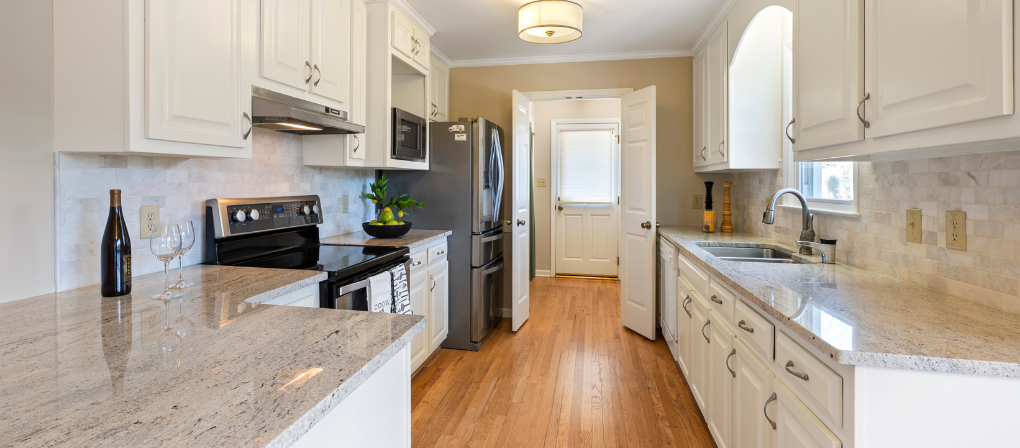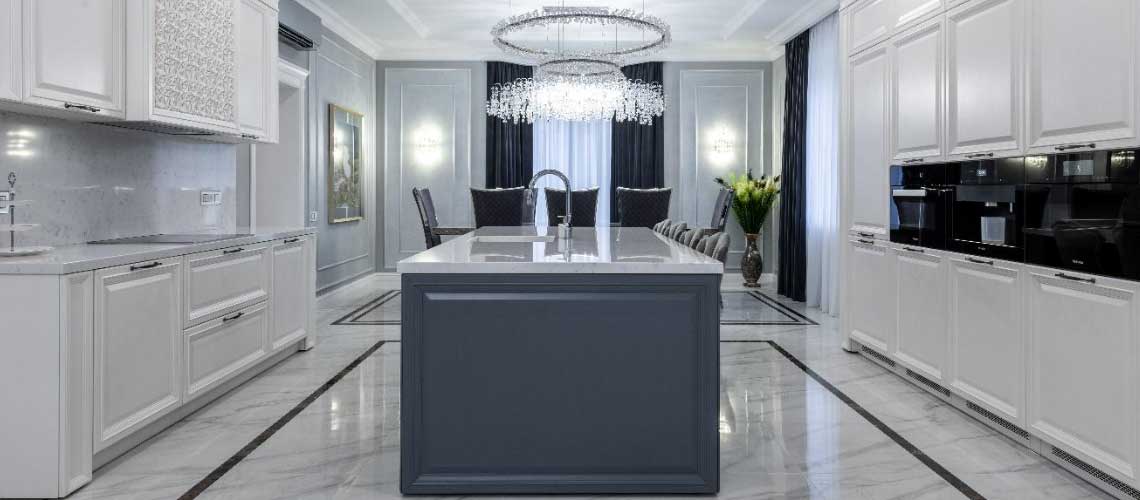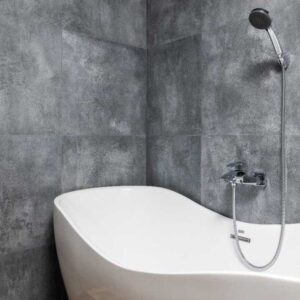Bricks, the fundamental building blocks of modern masonry structures, have stood the test of time as a reliable and versatile building material. In this comprehensive guide, we will delve into the intricacies of various types of bricks, their manufacturing processes, and their applications.
Whether you’re a seasoned builder or a DIY enthusiast, understanding the nuances of bricks is essential for successful construction projects.
Join us on this educational journey as we explore the world of bricks, from the ancient sun-dried varieties to the advanced engineering bricks of today.
What Is Brick?
At its core, a brick is a rectangular block of uniform size, hardened through either heating or chemical processes. Bricks serve as the foundation for diverse masonry structures, offering durability and versatility.
The market boasts various types of bricks, including clay bricks (1st class, 2nd class, etc.), solid or hollow bricks, interlocking bricks, concrete bricks, and more.
Types of Bricks
1. Clay Bricks
Sun-Dried Bricks or Unburnt Bricks
Advantages:
- Easy to make.
- Cost-effective.
Disadvantages:
- Low compressive strength.
- Unsuitable for permanent structures.
- Burnt Bricks
A. First Class Bricks
The first-class bricks are the highest quality burnt bricks, table moulded, wire cut, heated in kilns and allowed to dry. These bricks are uniform in shape and colour and have properly defined edges. First class bricks are used for pavements, walls of permanent structures, and for ornamental purposes.
Advantages:
- High compressive strength (minimum 10.5 N/mm2).
- Suitable for permanent structures.
- Uniform shape and colour.
- Ideal for load-bearing walls.
Disadvantages:
- Not suitable for freeze-thaw conditions.
- Slight expansion over time.
- Prone to chemical attacks.
Properties Of First-Class Bricks
| 1st Class Bricks | Properties |
| 1. Type | Class 1 |
| 2. Feature | Table moulded. |
| 3. Shape & Size | Standard and uniform (rectangular). |
| 4. Surface & Edges | Sharp, smooth, square, and straight. |
| 5. Colour | Uniform red or brown. |
| 6. Maximum Water Absorbing | 15% of its self-weight when submerged in water for 24 hours. |
| 7. Crushing Strength | 105 kg/cm2 |
| 8. Making Process | Burnt in kilns. |
| 9. Use | Permanent and superior work. |
B. Second Class Bricks
These types of brick are made using the same method but may be slightly over burnt, with slight hair cracks and small irregularities on the surface. This type of brick is usually used in buildings where the walls will be plastered, as a brick ballast in concreting and in some load-bearing buildings.
Advantages:
- Cost-effective.
- Suitable for plastered permanent structures.
- Usable in single-storeyed load-bearing buildings.
Disadvantages:
- Higher water absorption (22%).
- Less defined edges.
- Lower compressive strength (7 N/mm2).
Properties Of Second-Class Bricks
| 2nd Class Bricks | Properties |
| 1. Type | Class 2 |
| 2. Feature | Table moulded. |
| 3. Shape & Size | Irregular |
| 4. Surface & Edges | Rough, uneven faces, may consist of hairline cracks. |
| 5. Colour | Uniform colour. |
| 6. Maximum Water Absorbing | 22% of its self-weight when submerged in water for 24 hours. |
| 7. Crushing Strength | 70 kg/cm2 |
| 8. Making Process | Burnt in kilns and sometimes may be slightly over burnt. |
| 9. Use | Used in internal walls. (Plaster or coating is required. |
C. Third Class Bricks
These types of brick are table moulded but burnt in clamps instead of kilns, which makes then slightly under burnt, this imparts poor quality to the bricks. These types of bricks are used for non-load bearing walls, boundary walls, low-rise walls, etc,
Advantages:
- Economical.
Disadvantages:
- Higher water absorption (25%).
- Unsuitable for heavy rainfall areas.
- Lack well-defined edges.
- Lower compressive strength (3.5 N/mm2).
Properties Of 3rd Class Bricks
| Third Class Bricks | Properties |
| 1. Type | Class 3 |
| 2. Feature | Ground moulded. |
| 3. Shape & Size | Non-uniform |
| 4. Surface & Edges | Irregular and distorted edges. |
| 5. Colour | Non-uniform and dark. |
| 6. Maximum Water Absorbing | 25% of its self-weight when submerged in water for 24 hours. |
| 7. Crushing Strength | 30 kg/cm2. |
| 8. Making Process | Burnt in kilns and may be overburnt or under burnt. |
| 9. Use | Used in temporary structures. |
D. Fourth Class Bricks
Disadvantages:
- Over-burnt and weak.
- Non-uniform shape, size, and colour.
- Suitable for filling material or ground into powder for other uses.
2. Sand Lime or Calcium Silicate Bricks
Advantages:
- Ideal for ornamental purposes due to various colours.
- Compressive strength of 10 N/mm2.
- Smooth finish requires less plastering.
- Greater fire resistance.
- Provides sound insulation.
Disadvantages:
- Low abrasive strength, unsuitable for wearing surfaces.
- May shrink after placing, requiring special considerations.
3. Concrete Bricks
Advantages:
- Higher compressive strength than clay bricks.
- Pleasing appearance suitable for facades.
- Smooth finish requires less plastering.
- Greater fire resistance.
Disadvantages:
- Shrinkage makes them unsuitable for foundations.
- Limited lifespan (approximately 65 years).
- Prone to acid attack and efflorescence.
- Greenhouse gas emissions during manufacturing.
4. Fly Ash Bricks
Advantages:
- Replaces clay with fly ash, a waste product.
- More resistant to freeze-thaw cycles.
- Higher compressive strength (30 N/mm2).
- Reduces mercury pollution.
- Cost-effective and quick production.
- Low water absorption.
- Light in weight, reducing foundation costs.
- No need for soaking before usage.
Disadvantages:
- Compatibility issues with all fly ash types.
- Bonding may be less due to smooth finishes.
5. Fire Bricks
Advantages:
- Low thermal coefficient of expansion.
- High strength and resistance to palling.
Disadvantages:
- Costly.
- High water absorption.
- Limited aesthetic applications.
Uses:
- Chimneys, boilers, kilns, and furnaces.
6. Engineering Bricks
Advantages:
- Suitable for cold weather regions.
- Applicable in underground construction.
Disadvantages:
- Lacks pleasing appearance.
- Higher cost than clay bricks.
The world of bricks is vast and diverse, offering options to suit various construction needs. From the ancient sun-dried bricks used in temporary structures to the advanced engineering bricks with high compressive strength, each type has its unique characteristics and applications.
As a leading building materials retailer, Build it Hermanus is committed to providing high-quality bricks and expert advice for your construction projects. Visit our store today to explore our extensive range of building materials and embark on your next construction endeavour with confidence.
Build it right with Build it Hermanus. Log on to our online store, and shop from the comfort of your home: www.buildit-store.co.za
Follow us on social media, to stay up to date with our latest sizzling specials and promotional offers! Build it Hermanus offers added value services in respect of hardware retailing; embracing all activity within the building materials industry, focusing specifically on the building of; urban, township, rural housing as well as all home improvements and do it yourself.







